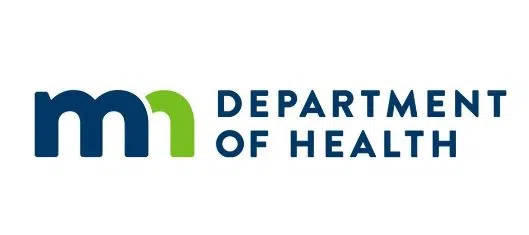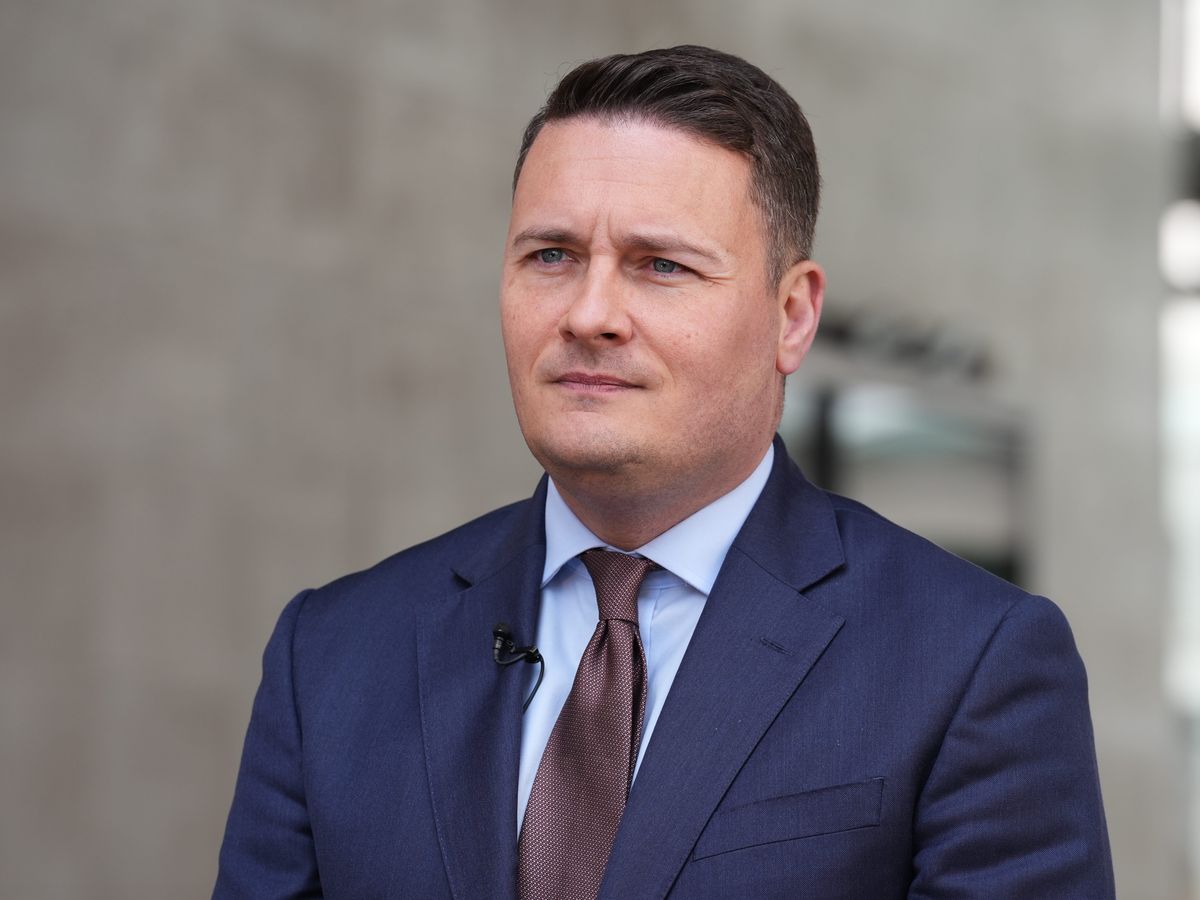Kennedy Faces Tough Questions on Proposed HHS Budget Cuts in Congress

Kennedy Grilled by Lawmakers Over 2026 HHS Budget Proposals
In a series of rigorous budget hearings held on Wednesday, Health and Human Services (HHS) Secretary Robert Kennedy Jr. faced intense scrutiny from both House and Senate committees regarding his department's proposed budget for 2026. The proposed reductions have sparked considerable debate and concern among lawmakers, prompting Kennedy to defend his plans and outline the rationale behind the cuts.
Understanding the Proposed Cuts
The proposed 2026 HHS budget outlines significant reductions across several key areas, including public health programs, research funding, and support for community health centers. While Kennedy argued that these cuts are necessary to streamline operations and prioritize essential services, members of Congress expressed concerns about the potential impact on vulnerable populations and the nation's overall health security. Specific areas of contention included reductions in funding for disease prevention initiatives, mental health services, and programs aimed at addressing health disparities.
House Committee Hearing Highlights
During the House committee hearing, Kennedy was pressed by several representatives to provide detailed justifications for the proposed cuts. Lawmakers questioned the potential consequences of reduced funding for vital public health programs, particularly in the face of ongoing public health challenges. Kennedy emphasized the need for greater efficiency and accountability within the HHS, arguing that the proposed changes would ultimately lead to better outcomes for taxpayers. He also highlighted the importance of leveraging partnerships with private organizations and community groups to fill gaps in service delivery.
Senate Committee Scrutiny
The Senate committee hearing saw a similar line of questioning, with senators focusing on the long-term implications of the proposed budget reductions. Concerns were raised about the potential impact on medical research and innovation, as well as the ability of the HHS to respond effectively to future public health emergencies. Kennedy countered these concerns by asserting that the budget prioritizes investments in areas with the greatest potential for impact, such as biomedical research and pandemic preparedness. He also emphasized the importance of data-driven decision-making and evidence-based practices in guiding the allocation of resources.
Key Takeaways and Future Outlook
The budget hearings underscored the significant challenges facing the HHS as it navigates a complex and evolving healthcare landscape. While Kennedy defended his proposed budget cuts, he faced considerable pushback from lawmakers who expressed concerns about the potential impact on public health and access to care. The debate is likely to continue as Congress works to finalize the 2026 budget. The final outcome will depend on ongoing negotiations and the ability of Kennedy to persuade lawmakers of the merits of his proposals. The healthcare community and concerned citizens will be closely watching these developments, as the decisions made now will have a lasting impact on the nation's health and well-being. It remains to be seen whether the proposed cuts will be implemented as planned or if Congress will make significant adjustments to the HHS budget.






